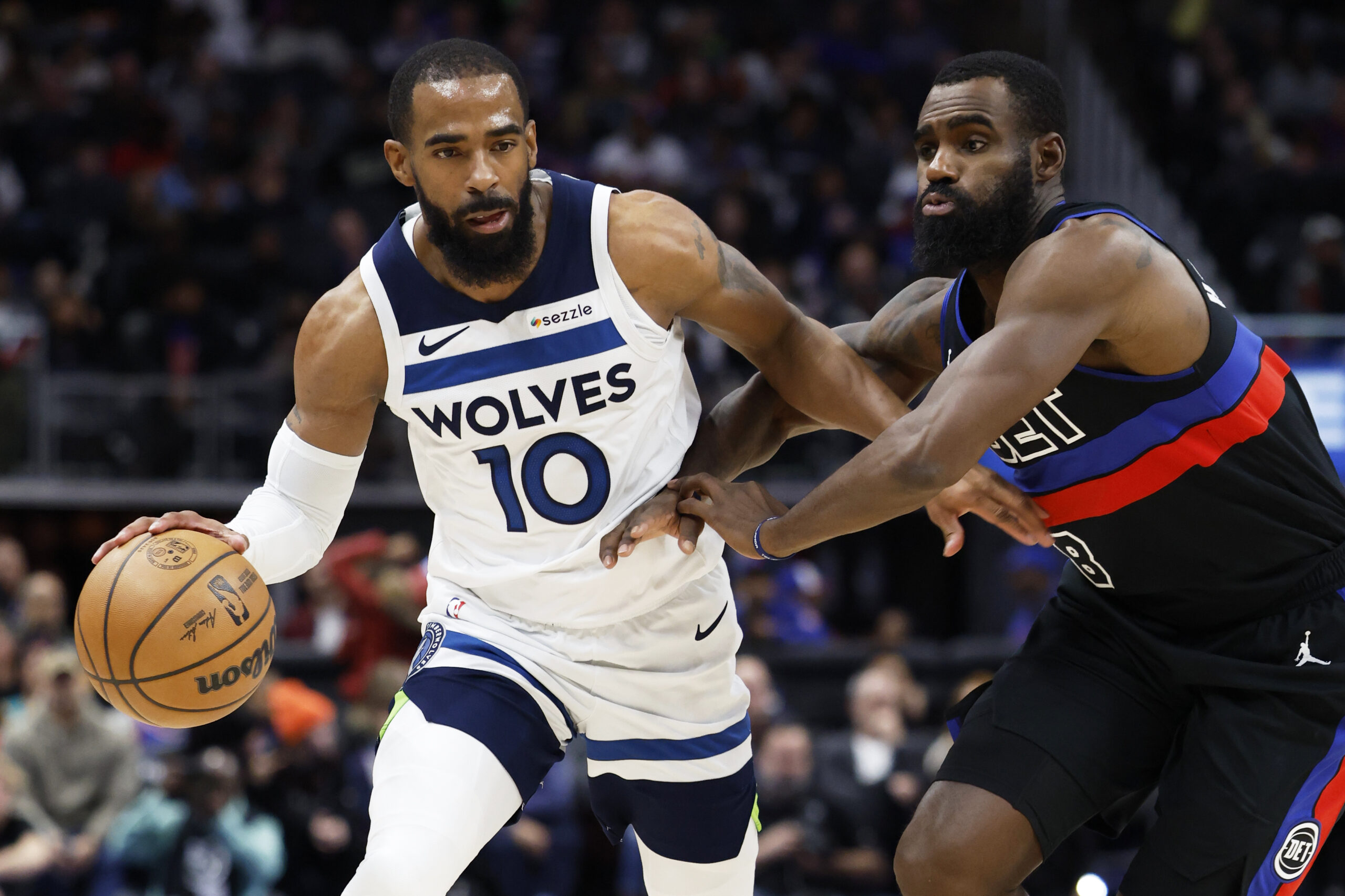The Seminole Tribe of Florida is facing a crucial deadline as they prepare to respond to the state’s proposal for legalizing sports betting. With the clock ticking, both the tribe and the state are eagerly awaiting the tribe’s decision, which could have far-reaching implications for the future of gambling in Florida.
The deadline, set for the end of this month, marks a significant milestone in the ongoing negotiations between the Seminole Tribe and the state government. The tribe holds exclusive rights to operate certain types of gambling in Florida, including slot machines and blackjack, under a compact signed with the state in 2010. However, this compact is set to expire soon, prompting discussions about its renewal and potential expansion to include sports betting.
Sports betting has been a hot topic across the United States since the Supreme Court overturned a federal ban on it in 2018. Since then, many states have moved to legalize and regulate the industry, seeing it as a lucrative source of revenue and a way to combat illegal gambling. Florida, with its thriving tourism industry and passionate sports fan base, is no exception.
The state government has been actively exploring the possibility of legalizing sports betting, with Governor Ron DeSantis expressing his support for the idea. In an effort to strike a deal with the Seminole Tribe, the state has proposed granting them exclusive rights to operate sports betting in Florida. In return, the tribe would agree to pay a significant portion of their revenue to the state.
For the Seminole Tribe, this decision carries immense weight. As one of the most powerful Native American tribes in the country, they have a vested interest in protecting their gambling monopoly in Florida. The tribe operates several successful casinos across the state, generating substantial revenue for both themselves and the local economy. However, they face increasing competition from neighboring states that have already legalized sports betting.
The tribe’s response to the state’s proposal will likely be influenced by various factors, including financial considerations, potential legal challenges, and the impact on their existing gambling operations. While sports betting could potentially bring in significant additional revenue, it also poses risks and uncertainties. The tribe must carefully weigh these factors before making a decision that will shape the future of gambling in Florida.
If the Seminole Tribe agrees to the state’s proposal, it could pave the way for the legalization of sports betting in Florida. This would not only provide a regulated and safe environment for sports bettors but also create new job opportunities and boost the state’s economy. It would also solidify the Seminole Tribe’s position as a major player in the gambling industry.
On the other hand, if the tribe rejects the state’s offer, it could lead to a protracted legal battle and potentially open the door for other entities to enter the sports betting market in Florida. This could have far-reaching consequences for both the tribe and the state, as it would disrupt the existing gambling landscape and potentially diminish the tribe’s exclusive rights.
As the deadline approaches, all eyes are on the Seminole Tribe of Florida. Their decision will shape the future of sports betting in the state and have significant implications for the gambling industry as a whole. Whether they choose to embrace this new opportunity or maintain their current gambling monopoly, one thing is certain – the outcome will be closely watched by industry experts, lawmakers, and sports enthusiasts alike.

